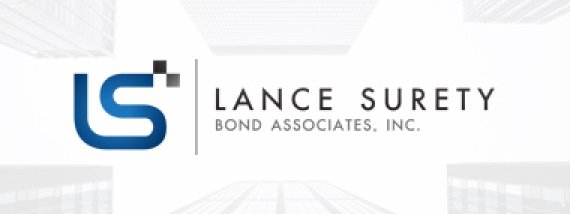Surety Bonds Blog
Featured Post
What is a Freight Broker?
Besides earning up to $100,000+ per year, successful freight brokers are also an indispensable part of the transportation of goods and cargo throughout the US.
Freight brokers in the US are responsible for:
Overseeing the entire delivery process of goods (from th...
read more
Follow us on:
Categories
With the American cannabis industry booming, where is it growing the most this year? To find out, we analyzed revenue potential across all 50 U.S....
The National Association of Realtors (NAR) recent $418 million settlement marks a major shift in the real estate industry, potentially altering the pa...
In this economic era of layoffs and inflation, some Americans are taking extreme measures to secure employment. Our latest investigation explores...
One question that our customers regularly ask is how the contractor licensing process works in Georgia. So, this article will explore the contracto...
One question that our clients regularly ask is how to get a general contractors license in Texas, and since there is currently no state-wide contra...
A vehicle dealer's license is an official authorization granted by the state or relevant licensing authority that allows an individual or a busines...


